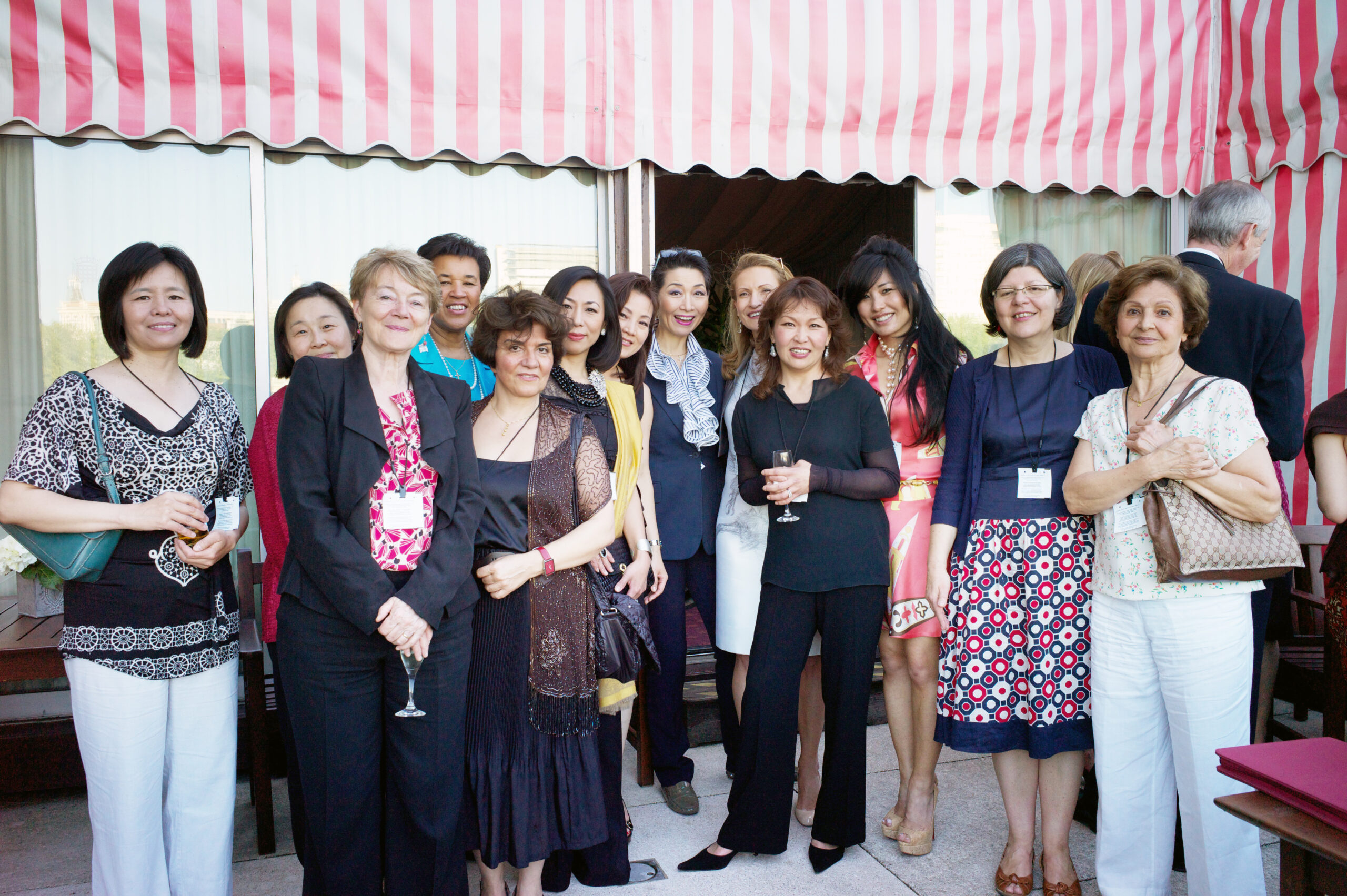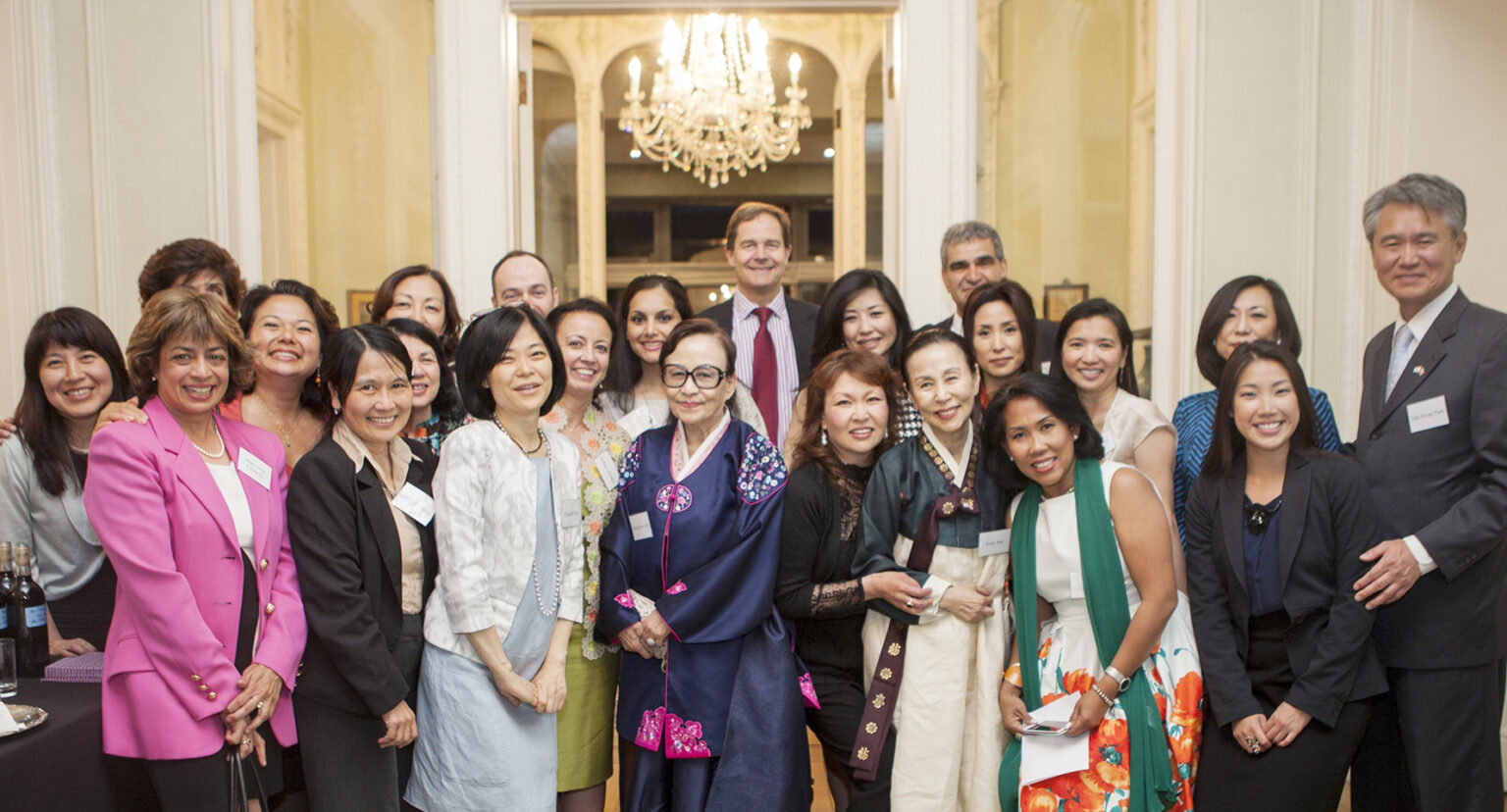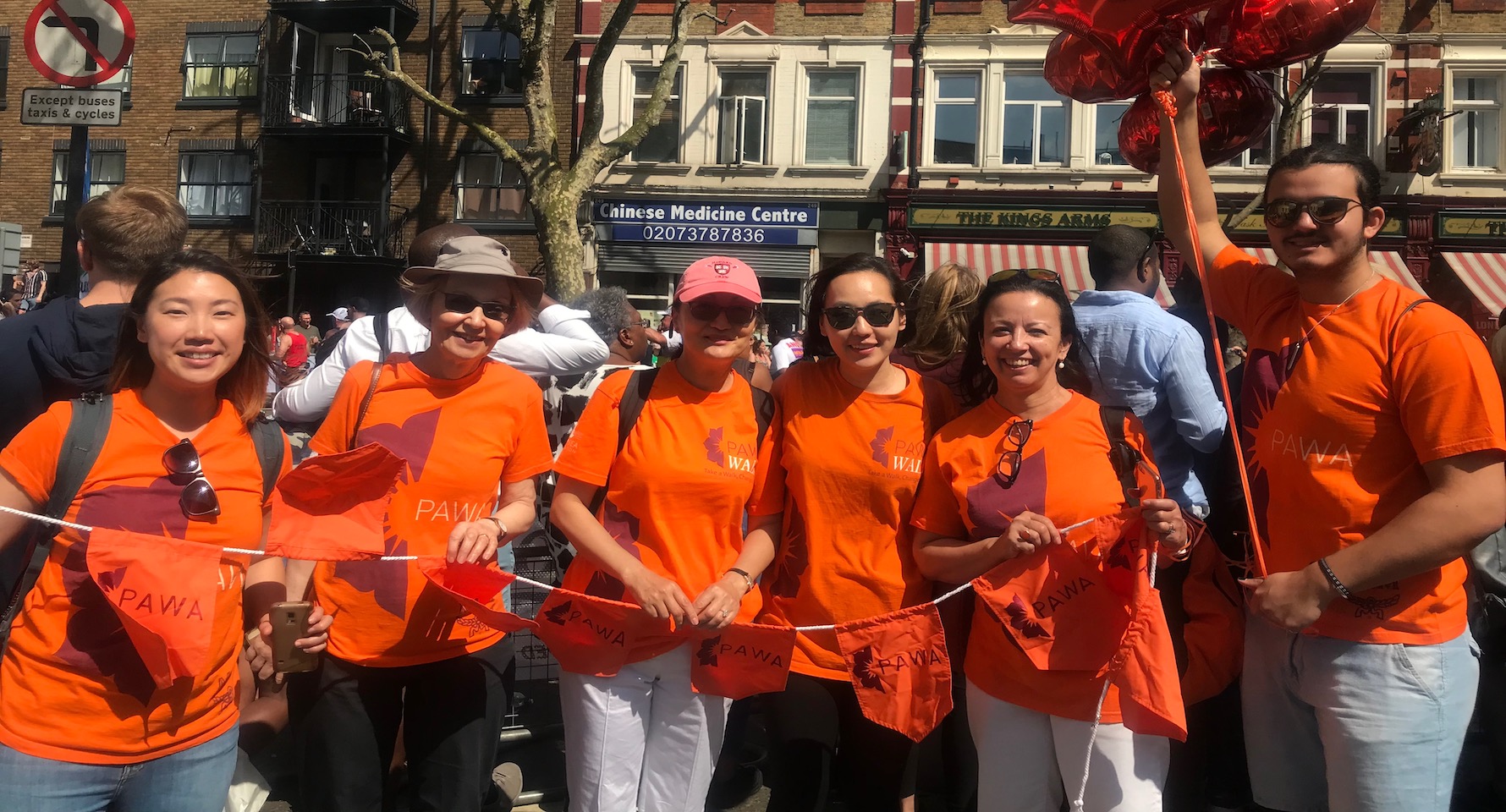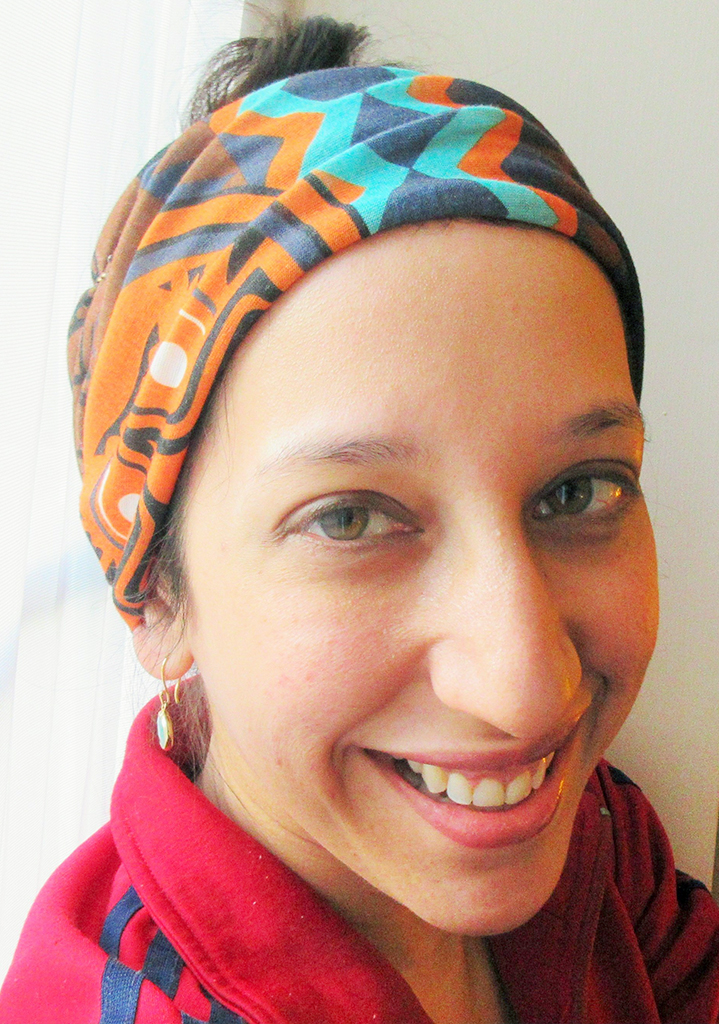
Bidisha
Bidisha is a film maker, broadcaster and journalist. She specialises in international human rights, social justice, gender and the arts, and offers political analysis, arts critique and cultural diplomacy tying these interests together. She writes for the main UK broadsheets including The Guardian and The Observer and presents and commentates for BBC TV and radio, Channel 4 News and Sky News. Her fifth book, Asylum and Exile: Hidden Voices of London (2015), is based on her outreach work in UK prisons, refugee charities and detention centres. Her first film, An Impossible Poison , received its London premier in March 2018. It has been highly critically acclaimed and selected for numerous international film festivals. She is currently working on her second film, Cold Reading , which will be out in December 2020.
She speaks to PAWA’s Kamalakshi Mehta about starting young, staying the course, and remaining true to her convictions.
You published your first book at the age of 18. What gave you the confidence in the validity of your voice at such a young age?
I started my career when I was 14, writing for arts, style and music magazines, and signed the deal with HarperCollins for my first novel at 16. I was 18 when the novel, Seahorses , came out in May 1997. I’m lucky to come from a very supportive background and my career has always been fuelled by joy, interest in the world and a love of connecting and creating. Confidence comes from being valued, supported and encouraged during your formative years. I’ve always enjoyed going out and meeting people in a creative work context and journalism was something I always wanted to do. If you are doing what you love and what you’re good at, it comes naturally. It helps to not be shy, and other skills are useful, like shrewdness, perceptiveness, social skills and a good sense of timing. I encounter a lot of very talented people who hold back from taking that last step and showing their work to the world. In 2017 I became a film director and against this was a natural move after learning a lot in radio and TV. It’s not a question of confidence, it’s a question of curiosity and inspiration. I don’t find life difficult.
What was the catalyst behind your remarkable journey, since then, to human rights writer and activist?
I don’t consider myself to be a grassroots activist, but I am interested in raising consciousness, in travelling and hearing from other voices and in taking a global view. I see myself in a diplomatic, ambassadorial, attaché or envoy role and this is what I would like to pursue in the future. I started out in print journalism for newspapers and magazines, and published two novels ( Seahorses and Too Fast To Live ) when I was 18 and 21. I then worked very heavily in radio and TV covering the arts and culture on one hand and human rights, social justice, political analysis and inequality on the other. I have always, since I was a child, burned with rage about male violence, misogyny, machismo and patriarchal abuse. So journalism allows me to tie everything together. It’s a tool which can be applied to any topic, both light and heavy. That’s what’s wonderful about it. So while I am proud of myself for having had a long career and survived a lot of changes, I don’t think my work has changed that much. I write about what’s important to me, what pleases me, what makes me angry. I don’t apologise for that anger. Anger is a wonderful fuel and armour.
Can you share some insights from your outreach work with asylum seekers and refugees?
Since 2012 the world has been guilty of a catastrophic failure of humanity. The refugee crisis has been propelled by wars, poverty and climate change. Asylum seekers and refugees encounter racism, sadism, exploitation and a total lack of humanity and decency from others. Western nations, many of whom are former colonial exploiters, have utterly failed in their duty towards other human beings.
Instead they have blamed, punished, smeared and persecuted the victim. States all over Europe, including England, have used the refugee crisis as an excuse to foster and encourage the racism in their own societies. I have done outreach work with asylum seekers and refugees since 2012 and been awed and humbled by people’s survival ability, toughness, endurance and determination. At the same time I have become increasingly sensitive to the racism, ignorance and insularity of the wider society.
As in other professions, there has been a lot of controversy about inequality and gender pay gaps in broadcasting. What advice would you give to young women seeking a career in this field?
Never give up on your dream. If you want to work in broadcasting, go for it. Be tactical and strategic, keep a record of every exchange and communication in a journal, pick your battles and go for it.
What is the one message you would send to the teenage girls PAWA supports?
Decide what you want and take it.
